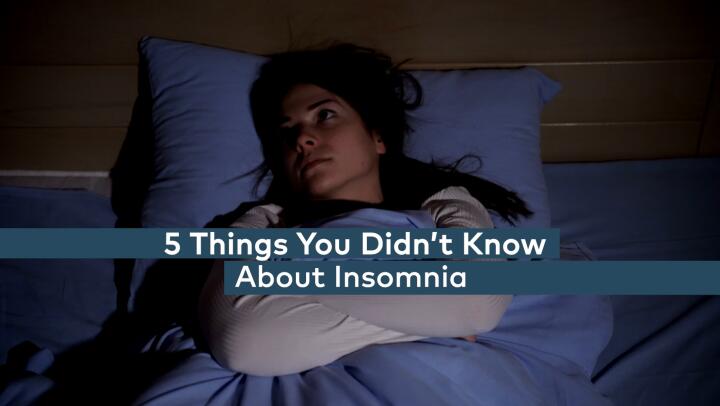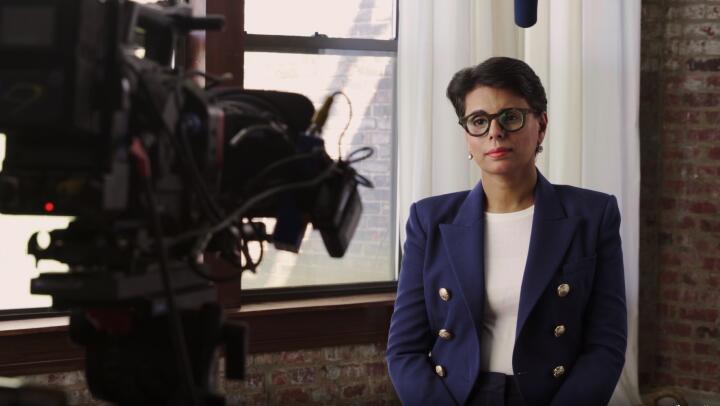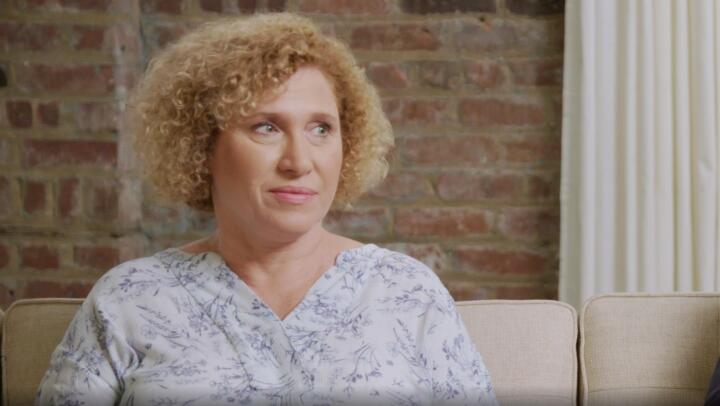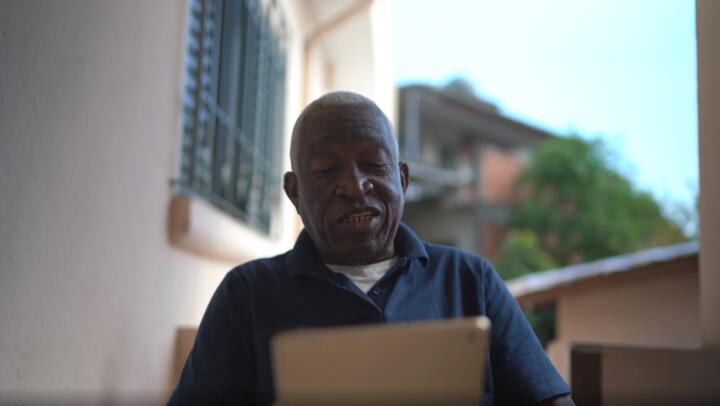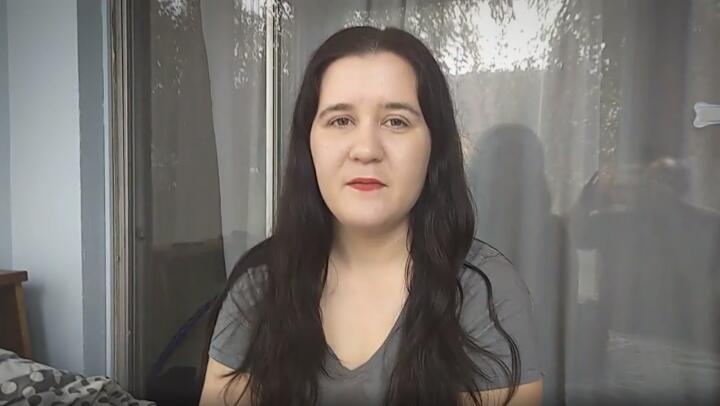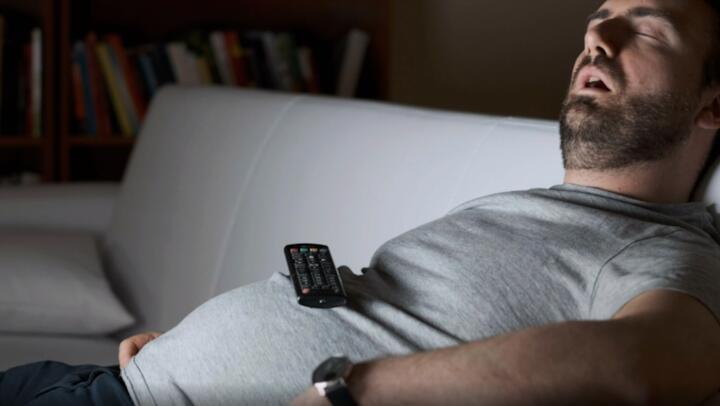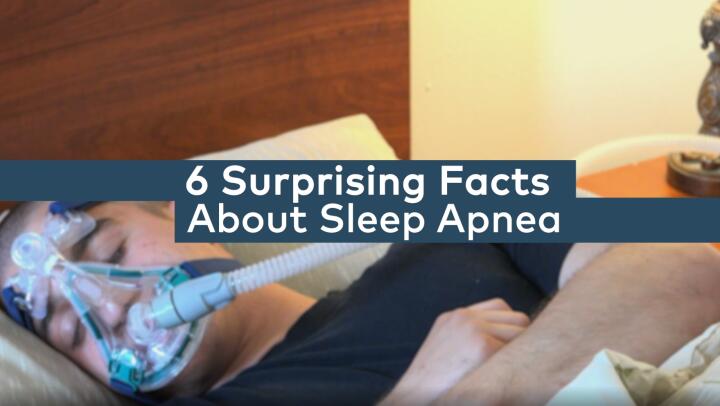
If you suffer from obstructive sleep apnea, a condition in which your breathing stops for at least ten seconds while you’re sleeping, your doctor may strongly urge you to consider positive airway pressure (PAP) treatment with a machine. The best-known version is the machine that delivers a continuous stream of air, or continuous positive airway pressure (CPAP). The air pressure pushes your tongue forward and opens up your throat so air can pass through.
But you need to have a connection between the CPAP machine and your mouth and nose. That’s where the CPAP mask comes in. Via plastic tubing, it connects you to the CPAP machine and delivers the air you need. Most masks have a plastic mask (with a softer cushion that directly touches your face), along with tubes and a fan. But they can vary widely beyond that. You may have to try a few different versions to find one that’s just right for you.
The Importance of a Good Fit
- When choosing a CPAP mask, you’ll find several common options to choose from:
- Traditional nasal mask. Also called an oronasal mask, this mask just covers the nose.
- Pillow mask. These masks are usually a little smaller than nasal masks. They’re called “pillow masks” because two prongs, or cushions, fit snugly within the nostrils, so the air can be delivered directly.
- Full face mask. This mask covers much more of your face, as you might expect from the name. It creates a seal over the nose and mouth, as opposed to the nasal mask, which just covers the nose. It typically includes a chin strap, which can help people who have trouble keeping their mouths closed.
CPAP masks are definitely not “one size fits all” or even “one size fits most.” It’s crucial to make sure you get a mask that fits your head and face correctly—and that you adjust it correctly, too. Without a good fit, you won’t get the full benefits of CPAP. That means you’re not going to feel and be better rested after a night in bed.
Mouth or Nostrils?
One important factor to consider when choosing a mask is how you breathe. Some CPAP masks are best suited to people who can inhale and exhale easily through their nostrils, while others are suitable for people who are mouth breathers. For example, traditional nasal masks work best for people who breathe through their nostrils. So do nasal pillow masks. But a full-face mask covers both the nose and mouth and works well for people who inhale and exhale through their mouths.
Your Unique Facial Features
The size of your head and your facial features, as well as the distance between certain facial features also affects the best mask choice. The American Sleep Apnea Association recommends considering these measurements when looking at different mask types, as well as different mask sizes:
- Length of your nose from bridge to base
- Width of nose bridge
- Width of nose base
- Amount of skin between the base of the nose and your top lip
- Distance between your eyes.
Mask sizes are not standardized, either, so a “small” in one type of mask may not be equal to a “small” in another type. So accurate measurements can help you figure out what size is most appropriate in whichever CPAP mask style you choose.
Other Concerns
You may have other concerns that will affect the type and size of mask you choose. A technician can help you settle on a mask and determine the right size—as well as the proper way to adjust the mask once you’re wearing it. If you have trouble with your mask, however, don’t be afraid to speak up. You might need to try a different style or size.
For example, if you wear eyeglasses, you may want to try a model that doesn’t sit too high on your nose’s bridge. Or if a CPAP mask makes you feel a little claustrophobic, you may want to opt for a lower profile mask, like a pillow mask that doesn’t come up above the nostrils. If you tend to toss and turn when you sleep, that can also affect the type of mask that best suits you. Your doctor can also talk to you about whether you need a CPAP mask that will allow you to use your CPAP machine on a higher pressure setting.
Another concern is skin and nose irritation. The mask has to fit snugly on your cheeks and over your nose. But if you have sensitive skin, you may have to experiment with different masks (and mask sizes) to find one that doesn’t irritate your skin too much. Your doctor may be able to advise you on a special type of skin moisturizer to use along with your mask. Also, some people with sensitive skin or noses may want to try using the nasal pillow model.
Do you have a beard or mustache? While some masks accommodate facial hair, you may have trouble getting a good seal from others. Your doctor or sleep technician may direct you toward a nasal pillow mask.





